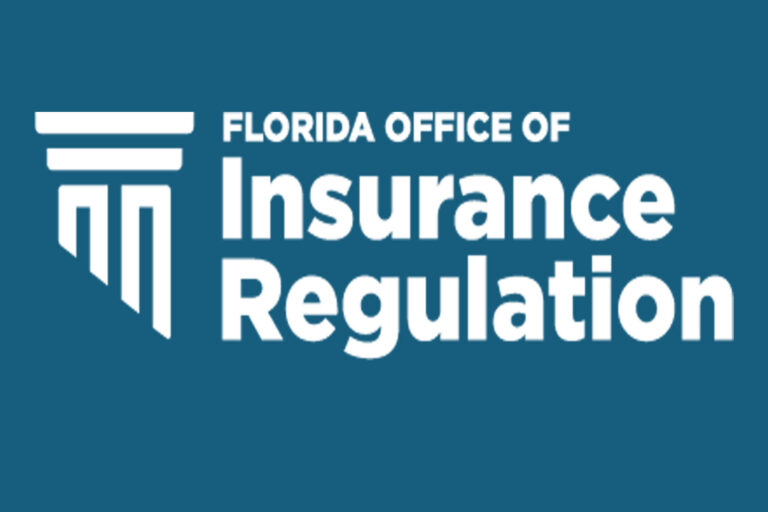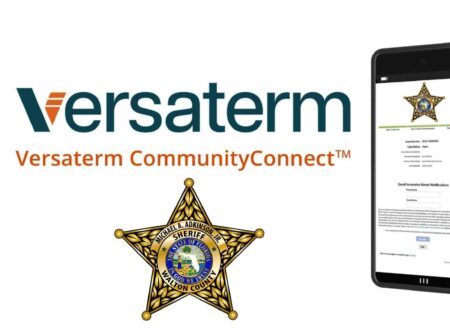FLORIDA — With the 2025 Atlantic Hurricane Season already underway, the Florida Office of Insurance Regulation has launched a new online resource to help Floridians reduce windstorm damage and potentially lower their insurance costs.
The new webpage, available at FLOIR.com, provides step-by-step guidance for homeowners on requesting a wind mitigation inspection, completing and submitting necessary forms, and learning about state and national mitigation programs. The tool is designed to help residents harden their homes before storms threaten and to understand how upgrades may lead to insurance premium discounts.
“By taking action now and implementing windstorm damage mitigation, you can not only better protect your home but save on insurance premiums. The Office of Insurance Regulation is here to help, and we hope this new consumer-friendly resource inspires Floridians to harden their homes,” said Insurance Commissioner Mike Yaworsky.
The Office also reminds consumers to verify that their inspector is authorized under Section 627.711(2)(a), Florida Statutes when requesting a wind mitigation inspection.
OIR’s wind mitigation webpage lists all wind mitigation forms and gathers available Florida mitigation programs on one easily accessible page. Consumers can also access FLASH’s Strong Homes Scale to determine the strength of a home and identify upgrades that may increase its resilience. By entering a home address, users receive a customized resilience rating based on local building codes, disaster risk levels, and the home’s construction features at the time it was built.
The hurricane season officially runs from June 1 through November 30. The Office urges Florida residents to finalize preparation plans, including reviewing policies, checking coverage limits, and making sure claims procedures are understood in advance of any potential storms.
OIR encourages the following steps:
— Review current insurance policies and understand coverage
— Contact your insurance agent for a pre-season check-up
— Document your belongings with photos or video
— Learn the claims process and how to submit proof of damages
— Consider purchasing additional flood coverage if needed
To explore the new resource or learn more about Florida insurance regulation, visit FLOIR.com.






